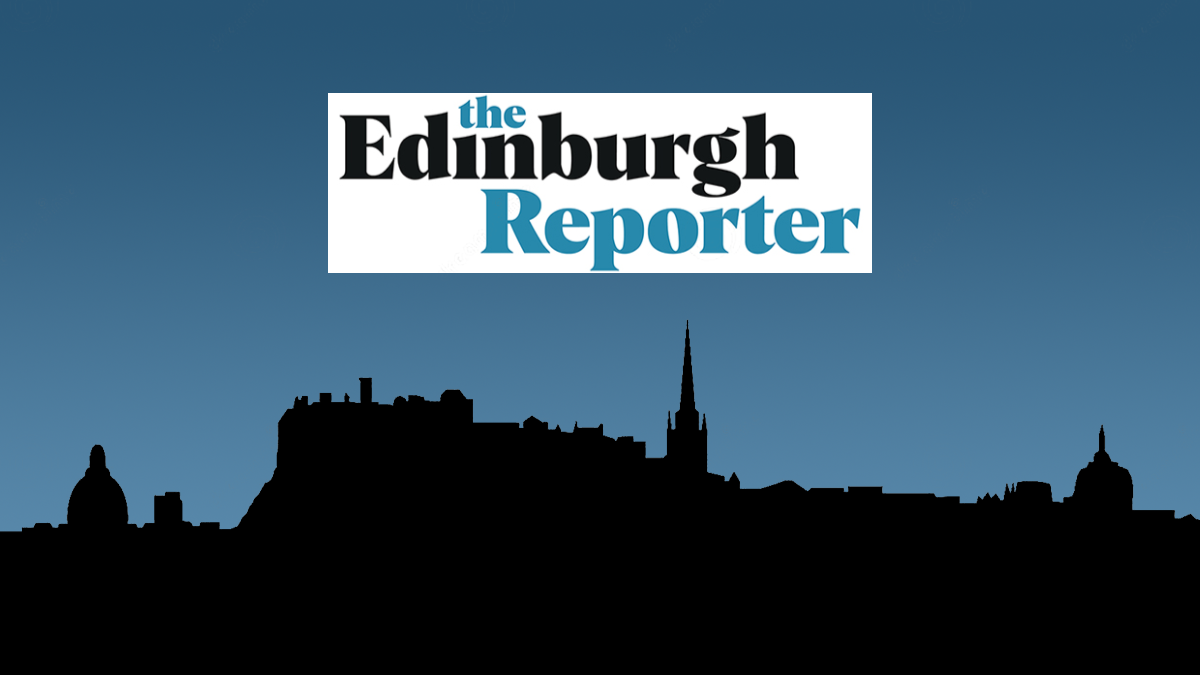We were struck by tragedy in its many forms this week. Three climbers lost their lives on Ben Nevis. Three more people were killed in a dreadful road accident on the A90 south of Stonehaven. And, whichever side you are on, Brexit has turned out to be a tragedy for the country.

The three climbers were experienced French and Swiss mountaineers who were swept away in an avalanche as they made their way up a gully on the north face of Ben Nevis. Another survived, thanks to the heroic efforts in white out conditions of volunteers from the two local mountain rescue teams. The road accident involved two cars and a coach. The three people who died were passengers in one of the cars. Their driver, a man in his thirties, has been charged with road traffic offences. Such sudden shocking events remind us how fragile life can be, even in a rich and peaceful country like ours.

But tragedies can also play out in long and complicated dramas. Events at Westminster this week have left us in Scotland looking on in horror. How can 650 relatively clever MPs get into such a muddle? The 38 per cent of Scots who voted to leave the European Union can only be astounded that MPs still haven’t worked out how it can be done. And the 62 per cent who voted to remain in the EU are left hoping that, out of the shambles, a second referendum will emerge and give a clear and different result. Perhaps the leaving deadline of 29th March will be postponed.
The First Minister Nicola Sturgeon said: “Here we have a UK teetering on the edge and a government that has just stopped functioning.” She wants a long enough extension to the exiting process to allow for a second referendum.
The UK Chancellor Philip Hammond, meanwhile, has been setting aside £26bn to prepare for a no-deal Brexit and has warned of the “significant disruption” such an event would cause. The various post-Brexit tariffs on imported goods, for instance, have sent shock waves through many businesses. In all, his Spring Statement to parliament sounded pretty scary, even though he tried to reassure us that the government is doing its best to keep the British economy working.
There’s to be a £3bn boost to house building. £260m is being provided for the Borderlands Growth initiative (£65m of which will be spent on the Scottish side of the border along with £85m the Scottish Government is providing.) And there is £79m for a new supercomputer at Edinburgh University. Perhaps it will be able to work out, in retrospect, where we have gone so disastrously wrong.

We learned this week that Scotland’s birth rate has fallen to its lowest level since records began in 1855. In the last quarter of last year, only 12,580 babies were born and 14,484 people died, which underlines the importance of immigration for Scotland. Ben Macpherson, the Minister for Europe and Migration says if the UK government ends free movement, the Scottish working population will decline by up to 5 per cent. Then who will care for us older folk and pay our state pensions ?
In Edinburgh, of course, we are lucky, because the city’s population is growing by one per cent a year. New housing is going up all over the city and especially along the waterfront. This is why the city council on Thursday decided to go ahead with a £207m extension to the tram system to take it down to Leith and Newhaven. The Conservatives and the Liberal Democrats voted against, arguing that the extension should await the findings of the inquiry into what went wrong with the first phase – the airport to the city centre, which cost twice the original budget.
The SNP/Labour administration say the Newhaven route will be different. Lessons have been learned, the cost can be met out of future fares and they have a £50m contingency fund if anything does go wrong. Besides, we need the trams to prevent a constant traffic jam and to save the environment.

Speaking of which, Scottish school children, as I write, are preparing to join the world-wide school strike over climate change. Taking inspiration from the Swedish 16 year old Greta Thunberg, they are taking Friday afternoon off to demonstrate against the adult world’s failure to do anything much to limit carbon emissions. If this is the beginning of a youthful green revolution, then I welcome it. Maybe our school children can save the planet even if we can’t.
Meanwhile, here is another tragedy. The internationally renowned bird observatory on the tiny island of Fair Isle off Shetland has burnt down. The wooden building, only completed in 2010 and costing £4m, caught fire last Sunday morning and although islanders tried to save it, they were unsuccessful. Fortunately, the warden and his family escaped unhurt.
The observatory was founded in 1948 by the then owner of the island George Waterston. It became a mecca for bird enthusiasts and was a valuable part of the Fair Isle economy. Handwritten papers have been destroyed in the fire, though much of the scientific records are preserved in digital form. Bravely, Roy Dennis, President of the Trust which owns the observatory, says he hopes it can be rebuilt within a year. It’s what island dwellers do, they rebuild their nests.














